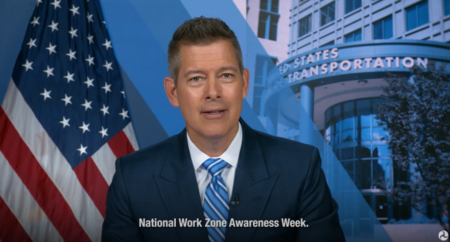Austria-based provider of tolling and intelligent transportation systems Kapsch TrafficCom has been awarded a nation-wide concession contract to improve road safety and traffic management in the Republic of Zambia in southern Africa.
Zambia is one of the most highly urbanized countries in sub-Saharan Africa, with 44% of the population concentrated in a few urban areas along the major transport corridors, while rural areas are sparsely populated. The number of vehicles on the country’s roads increased by 280% to 700,000 in the 10 years to 2016, and road fatalities increased from 10 per 100,000 inhabitants to 13.8 per 100,000 in the same period. In 2016 alone, 2,206 people died in traffic related accidents on the country’s road network. Due to the increasing rise in both vehicles and highway deaths, it is the aim of the Zambian government, through its agency the Road Traffic and Safety Agency (RTSA), to significantly increase road safety and traffic management across its transport network.
For this project, Kapsch TrafficCom has entered into a 50:50 joint venture (JV) with Lamise Trading Limited, a Zambian company based in Lusaka. The Zambian government has awarded the Kapsch-Lamise JV a nationwide concession contract for the design, installation and operation of systems and solutions for traffic surveillance, vehicle speed enforcement, vehicle inspection and vehicle registration.
This scope of service will be realized step-by-step during a ramp-up phase as a part of a 17-year contract, which has entered into force with immediate effect. Expected revenues in the first three years of operation are projected to be in the range of 90m to 110m (US$108m- US$132m).
André Laux, COO of Kapsch TrafficCom, said, “We feel honored with our partners Lamise Trading to be entrusted by the Zambian government to help improve traffic safety in the country.”
Walid El Nahas, chairman of Lamise Trading, commented, “By installing and operating Kapsch’s leading edge equipment and systems, the joint venture will create some five hundred jobs, provide a boost to the economy in Zambia through improved road transport, and reduce the number of traffic accidents and their impact.”




